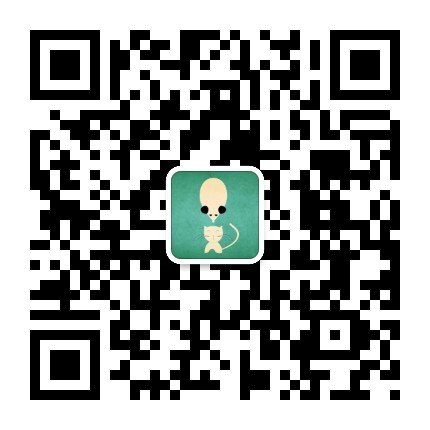本文为读 lodash 源码的第三百一十三篇,后续文章会更新到这个仓库中,欢迎 star:pocket-lodash
gitbook也会同步仓库的更新,gitbook地址:pocket-lodash
import unicodeWords from './.internal/unicodeWords.js'words 的作用是将字符串分割成单词数组。
源码如下:
const hasUnicodeWord = RegExp.prototype.test.bind(
/[a-z][A-Z]|[A-Z]{2}[a-z]|[0-9][a-zA-Z]|[a-zA-Z][0-9]|[^a-zA-Z0-9 ]/
)
const reAsciiWord = /[^\x00-\x2f\x3a-\x40\x5b-\x60\x7b-\x7f]+/g
function asciiWords(string) {
return string.match(reAsciiWord)
}
function words(string, pattern) {
if (pattern === undefined) {
const result = hasUnicodeWord(string) ? unicodeWords(string) : asciiWords(string)
return result || []
}
return string.match(pattern) || []
}hasUnicodeWord 用来判断字符串中是否有 unicode 字符。
reAsciiWord 用来匹配 ascii 单词,这个正则其实是排除 ascii 中的特殊字符。可以参考维基上的码表 https://zh.wikipedia.org/wiki/ASCII
函数 asciiWords 就是利用正则来匹配出以特殊字符分隔的单词,用 match 方法,最后得到的就是单词数组。
words 支持传入匹配正则,如果有传入,就直接使用传入的正则来匹配。
如果没有传入,则先判断字符串是否有 unicode 编码,如果有,则调用 unicodeWords 来匹配,否则使用 asciiWords 方法来匹配。
署名-非商业性使用-禁止演绎 4.0 国际 (CC BY-NC-ND 4.0)
最后,所有文章都会同步发送到微信公众号上,欢迎关注,欢迎提意见: 
作者:对角另一面